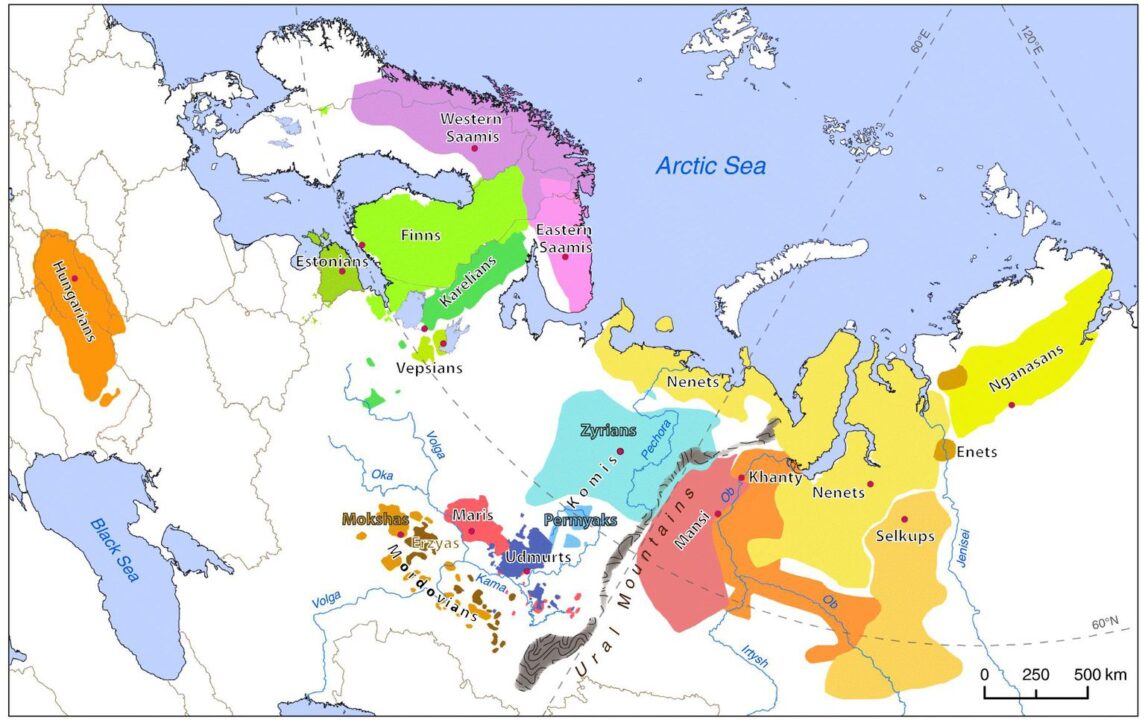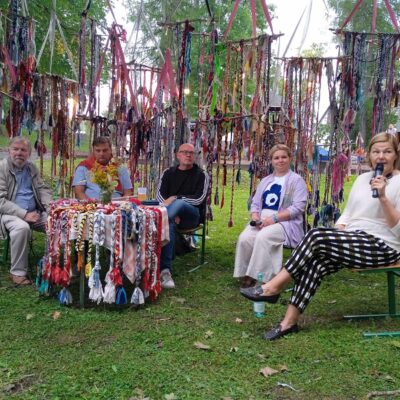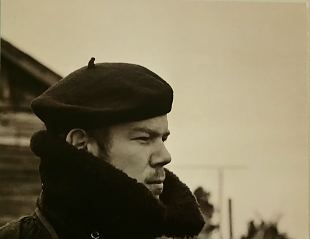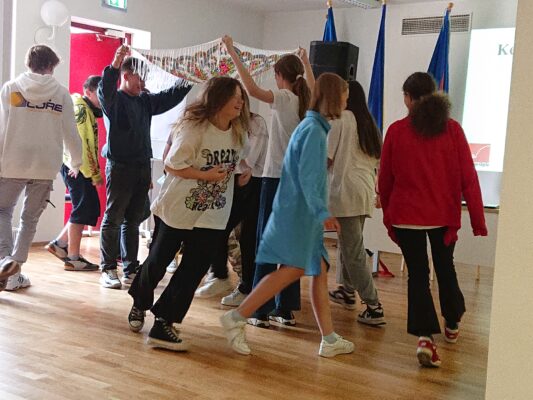Introduction to the Opinion Festival panel “Russian aggression in Ukraine and Finno-Ugric peoples”
Before the Fenno-Ugria panel on “Russian aggression in Ukraine and the Finno-Ugric peoples” at the Paide Opinion Festival on 11 August, Külli Kapper, Editor of the Foreign News section of Postimees, interviewed Barbi Pilvre, Director of Fenno-Ugria.

Under the influence of Russian-language information media, Finno-Ugric communities of Russian origin and citizenship living in Estonia are unfortunately sometimes under the influence of the ideological manipulations of the Putin regime. As Finno-Ugric people, are we Estonians also co-responsible for the behaviour of our own kindred peoples in Russia – one could provoke – has the close Uralic cooperation in intellectual circles over the last 40-50 years run into the sand, has their national consciousness not been sufficiently awakened?
Putin’s regime has mobilised mainly people from rural areas of Russia, because due to the economic situation and educational background it is easier and the villagers are often not aware of their rights to contest the army draft, Pilvre explains. This has affected the already dwindling and identity-crisis-stricken and Russifying minority communities, including Finno-Ugric people in a purely physical sense. Many minority ethnic communities have, moreover, taken an officially pro-Putin stance in the war, and do not appear to be interested in greater ethnic autonomy in the Russian Federation. Thus, as loyal Russians, our kindred Finno-Ugric peoples are as if co-responsible for Kremlin policy.
The situation is of course more ambivalent, given the violence of the Russian regime and the sanctions that accompany any manifestation of disloyalty in the current situation, Pilvre says. Older people who lived under the Soviet regime know what this means, but we still have to explain it again and again. The situation in Estonia, where the Finno-Ugric communities (Mari, Udmurts, Erzya, etc.) are mainly of Russian citizenship, is also sensitive. It is mainly due to the influence of Russian-language information media and not always sufficient media literacy that Finno-Ugric communities of Russian origin and Russian citizenship living in Estonia are unfortunately sometimes under the influence of the ideological manipulations of the Putin regime. Communicating with relatives and acquaintances in Russia adds to the confusion and causes conflict. All this is also a great psychological burden when worldview divisions run within families. Many close relationships are also broken.
In this situation, Fenno-Ugria has the opportunity and the duty to intervene in the public debate, also by raising painful issues and sharing information about what is happening in Russia from the perspective of Finno-Ugric peoples. Fenno-Ugria, whose mission is to stand up for the survival and development of Finno-Ugric peoples, cultures and languages, cooperates regularly with local Finno-Ugric societies, keeps abreast of their activities and is interested in their viability. The leaders of the societies are predominantly open-minded young middle-aged people educated in Estonia with the support of the Kindred Peoples’ Programme, but there are also many members who live in a Russian-speaking manipulated social space.
Communication takes place only on a personal level and many relationships have also broken down for political reasons. The Kindred Peoples’ Programme does not currently fund kindred peoples’ projects in Russia or directly related to Russia, which is also a big change. In order not to wear down the kindred people movement towards Russia, Fenno-Ugria is of course ready to re-establish relations if the situation changes. This will be possible after the end of the war. In the new geopolitical situation, where relations with Russia have been severed, Fenno-Ugria has focused on cooperation with local Finno-Ugric communities linked to Russia, in order to – ideally – influence the kindred peoples living in Russia through them.


